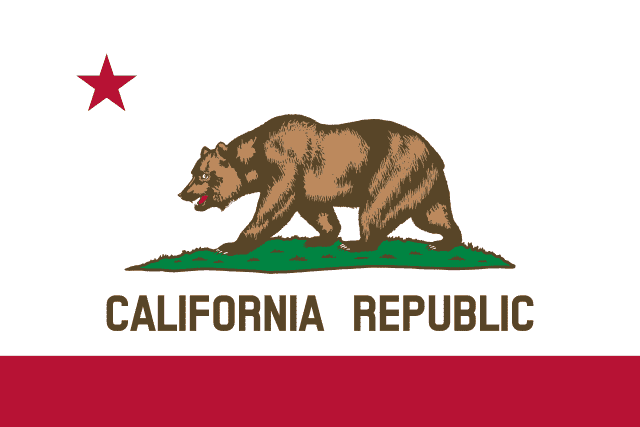
California Franchise Tax Board Information
The Franchise Tax Board Levied My Bank Account!
Almost every day we have people call and tell us the “franchise tax board took money out of my account.” If the Franchise Tax Board levied your bank account, please call us immediately for a free consultation about your options to get your money returned to you, as well as stop further levies from happening.
If you read the words “legal order debit franchise tax board” or “legal order franchise tax board” from your bank, they have been served a bank levy.
About the Franchise Tax Board
The Franchise Tax Board is responsible for administering two of California’s major tax programs:
- Personal income tax and the corporation tax
- Homeowner and Renter Assistance (HRA) program
- other non-tax programs and delinquent liability collection functions, including child support liability collections
- delinquent vehicle registration liability collections on behalf of the Department of Motor Vehicles.
Inability to Pay
Paying in full and on time is always the best option when it comes to resolving a tax liability. Even if you cannot do so, you should pay what you can and file on time, to prevent some penalties and interest associated with lateness. There are, however, means available to you that avoid enforced collection actions.
If you are unable to pay your tax bill in full by the due date, you are required by tax code to request an installment agreement. You can also make a request online if you:
- Owe less than $25,000
- Can pay it off within 60 months
- Have filed all of your income tax returns
Penalties and Interest
Any tax that is unpaid by its due date becomes subject to penalties and interest. Penalties vary in amount by the circumstances and type of tax left unpaid. In very particular cases, interest may be abated. Current rates and more information can be found here: https://www.ftb.ca.gov/individuals/faq/penaltiesInterest.shtml
Offer in Compromise
You may be able to settle your tax liability for less than the full amount if you qualify for an Offer in Compromise. Requesting an OIC is a complex process, and generally requires that there be serious doubt regarding the collectability or nature of your liability. We recommend getting professional assistance to determine whether an OIC may be the right option for you.
Personal Assessments for Business Tax
Business officers or other such responsibility-bearing individuals may be held personally liable for a business’ tax liability.
Liens
If you maintain a tax liability, the FTB may record a lien. A lien serves as a public notice of liability, and as a legal claim against property in order to secure that liability. Since it is public, it can affect your credit rating, and it inhibits property-related transactions. Liens also enable further collection actions.
Priority One: Stopping Aggressive Enforced Collections
Levies
The FTB often seeks to resolve tax liabilities by issuing warrants for the enforcement of liens. A Notice of Levy (rather than a warrant) will be issued for your money or rights thereto, held by yourself or a third party.
We deal very frequently with parties that have had their bank accounts levied by the FTB. The FTB is very aggressive when it comes to levies, and it is much easier to prevent a one than to reverse it. If you are or believe you will become subject to a bank levy, please contact us promptly for a free consultation about your options.
Order to Withhold (Bank Garnishment or Levy)
An FTB Order to Withhold is a legal order issued to collect a tax liability. It is also known as a Bank Garnishment or a Bank Levy. It is important to seek help as soon as possible if the FTB issues a bank levy against you. This is because there is a holding period for the levied funds, during which you can seek professional assistance and dispute the levy. We can not only stop the transfer of funds, but we can also take steps to prevent such an event from occurring again.
Collection Action Notifications
You will be notified of any actions the FTB intends to take against you. Notices will provide extensive information regarding your situation, including the amount owed, consequences, deadlines, etc. If you change addresses, it is important to update the FTB accordingly, as they satisfy due process in mailing the notice even if it does not go to your current address.
Refund Seizure
If you owe the CA Board of Equalization taxes, the FTB may coordinate with them to intercept any refunds owed to you, and apply them directly to your liability.
Substitute for Return
If you do not file your tax returns yourself, the FTB may file a Substitute for Return, similarly to the IRS. This is far from ideal, as they will err on the higher side when estimating your income. This results in a dramatically higher tax bill, without any of the returns you would normally have. While you can still file an amended return if you do so in a timely manner, failure to do so will leave you legally obligated to pay a substantially inflated bill.
Needless to say, if you have had a SFR filed on your business or yourself, you should seek professional assistance immediately.